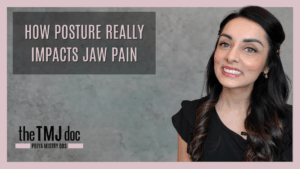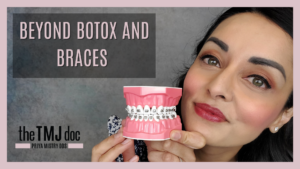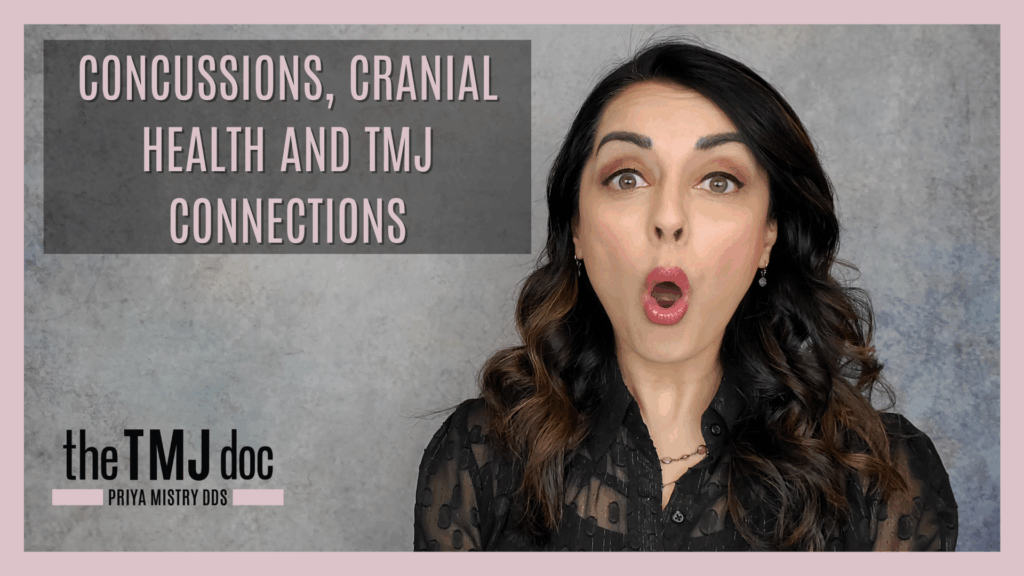Many people suffering from chronic migraines are surprised to learn that their jaw could be part of the problem. The link between temporomandibular joint (TMJ) dysfunction and migraines is well established, yet often overlooked in treatment. At TMJ Doc in Vancouver, WA, both conditions are evaluated together to ensure patients receive the most effective and lasting relief.
When TMJ issues are ignored, even the best migraine treatments may fall short—because the root cause isn’t fully addressed.
How TMJ Dysfunction Triggers Migraines
The temporomandibular joints connect the jaw to the skull and are surrounded by muscles and nerves that interact with the head and neck. When these joints are imbalanced—whether from clenching, grinding, misalignment, or injury—they can strain the muscles and irritate the nerves associated with migraines.
This added stress can lead to:
- Chronic tension in the head, face, and neck
- Compression of sensitive nerve pathways
- Inflammation that worsens headache frequency and intensity
- Disrupted sleep, which can further trigger migraine attacks
In many cases, patients with unresolved TMJ issues experience migraines that don’t fully respond to medication or traditional neurological care.
Common Overlapping Symptoms
TMJ dysfunction and migraines often share or influence the same symptoms, including:
- Throbbing headaches, often on one side
- Jaw pain or stiffness
- Facial soreness or sensitivity
- Neck and shoulder tension
- Sensitivity to light or sound
- Tinnitus (ringing in the ears)
These overlapping symptoms can make it difficult to distinguish the source of discomfort without a comprehensive evaluation.
A Coordinated Approach for Long-Term Relief
At TMJ Doc in Vancouver, patients benefit from a collaborative, whole-body approach. Rather than treating migraines and TMJ dysfunction as separate conditions, the goal is to understand how they influence one another—and treat them together.
Personalized care plans may include:
- Custom oral appliances to reduce jaw strain
- Muscle release and posture therapy
- Stress management strategies
- Collaboration with other healthcare providers, such as neurologists, when needed
By addressing both TMJ dysfunction and migraine triggers at once, patients often experience fewer headaches, reduced pain, and better overall quality of life.
Are TMJ Issues Fueling Your Migraines?
If you’re struggling with ongoing migraines and suspect your jaw may be involved, TMJ Doc in Vancouver, WA can help connect the dots. Schedule a consultation today to explore a combined treatment approach designed for real, lasting relief.







